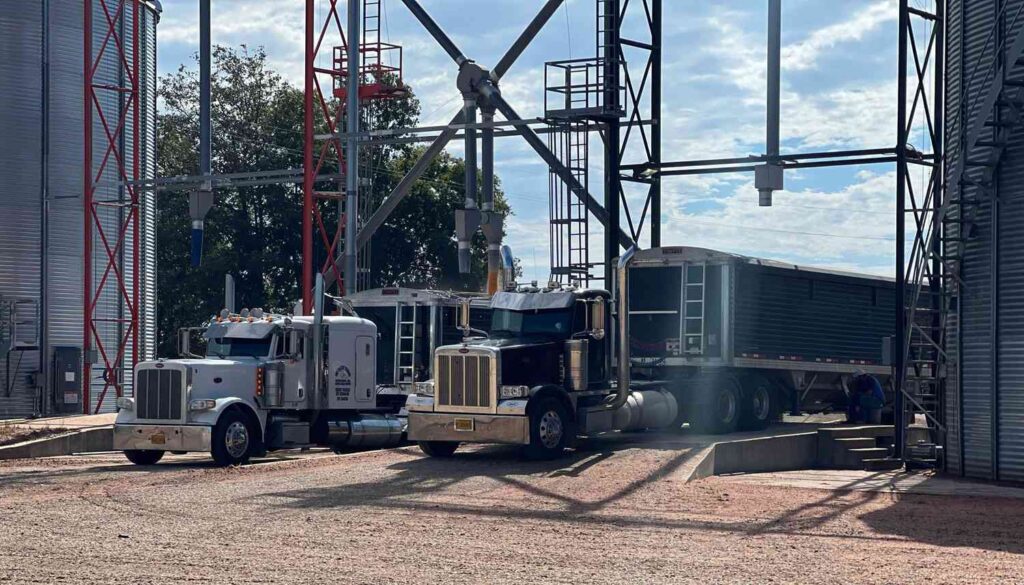Safety is Paramount
According to Mike Templeton, a trooper with the Indiana State Police for 34 years and now a transportation consultant, safety should be the top priority in transportation. His extensive experience with fatal accidents has only strengthened this belief. Today, he aims to help companies and farmers adopt sound safety practices and comply with regulations.
Challenges in Safety Compliance
However, ensuring safety is often more challenging than it seems. Templeton shares an anecdote from a farm visit where a farmer was hesitant to inspect a truck he used only a few hundred miles each year. On that day, the hydraulic line failed while pulling the truck out of a barn, rendering the brakes useless. The farmer had to crash the truck into a tree to prevent it from rolling onto a busy highway.
The Importance of Regular Inspections
Regular inspections are a crucial part of transportation safety, but many wonder if annual inspections are mandatory and if a Commercial Driver’s License (CDL) is needed for out-of-state travel.
Understanding CFV Exemptions
The Moving Ahead for Progress in the 21st Century (MAP-21) law, enacted in 2012, provides significant exemptions from various federal regulations for covered farm vehicles (CFVs). Frequently asked questions about MAP-21 include identifying CFVs, which can include any vehicle used for transporting agricultural products, livestock, or supplies, operated by a farm owner, family member, or employee.
Inspection and Licensing Regulations
CFVs are not subject to annual inspection or repair and maintenance regulations, but Templeton cautions that exemption doesn’t eliminate liability. If involved in an accident due to inadequate brakes or lights, the operator could still face consequences. Additionally, while CFVs may have certain exemptions, they must still comply with essential safety standards.
CDL Requirements and Transport Restrictions
Generally, a CDL isn’t required for drivers operating within their home state or within a 150-mile radius of their farm. However, a CDL is necessary if traveling beyond that distance or if driving for hire. Violating these CDL requirements can lead to substantial fines and legal issues.
Secure Transportation Practices
Finally, it’s essential to understand load securement regulations. While no exemptions apply to proper tie-downs for equipment, Templeton emphasizes the importance of adhering to safety guidelines to avoid accidents. If cargo becomes unsecured while driving, the farm could face serious consequences, including civil lawsuits.


